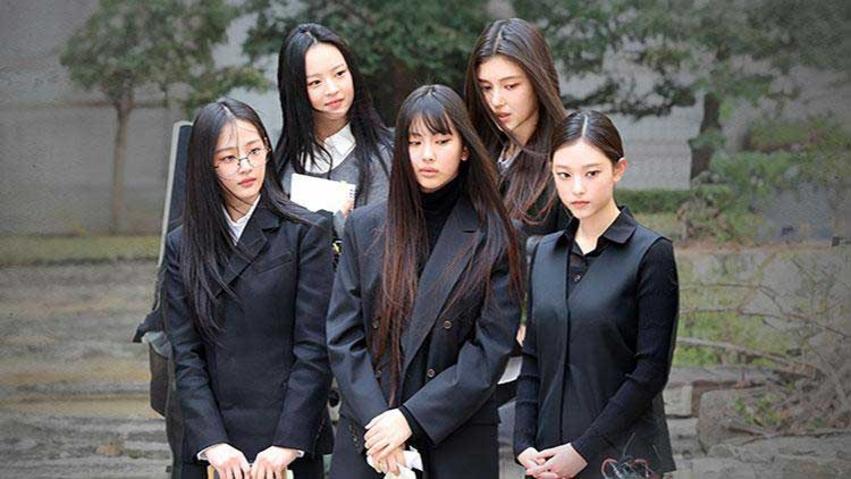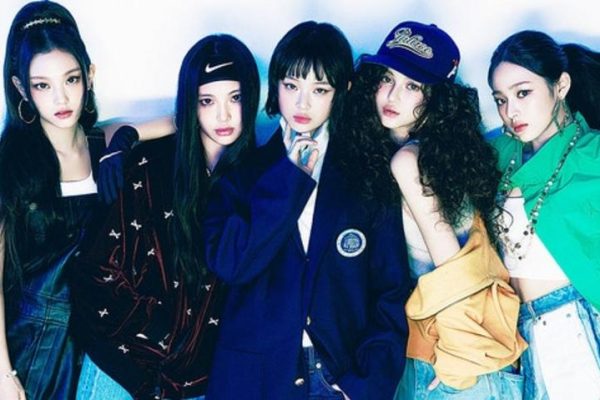The ongoing legal conflict between the rising K-pop sensation NewJeans and their management company ADOR took another turn on July 24, 2025, as the Seoul Central District Court conducted the third hearing on ADOR’s suit to confirm the validity of the exclusive contracts with the five NewJeans members. ADOR, under the HYBE umbrella, has invested heavily—over 21 billion KRW—supporting NewJeans’ global ascent and asserts that there is no justifiable reason for contract termination. They insisted the key parts of the contract—providing career opportunities and profit settlement—are being fulfilled successfully, noting each member has received over 5 billion KRW in earnings.
Conversely, NewJeans’ legal team argued that the relationship of trust necessary for such a contract has irreparably broken down, especially after key management shifts, including the ousting of Min Hee-jin, a major creative force behind ADOR and NewJeans’ formation. The group’s side stated that the current ADOR—now dominated by HYBE executives—is no longer the trusted agency they originally partnered with, causing emotional distress so severe it requires treatment. They questioned the feasibility of forced contract adherence under such strained conditions, highlighting the psychological toll on the members and disputing ADOR’s continued control over their activities.
Notably, Min Hee-jin’s departure from ADOR in 2024 was mired in a corporate controversy involving HYBE’s internal audits and management disputes. Investigations cleared Min of any wrongdoing, affirming her actions were intended to protect ADOR and the artists rather than betray them. NewJeans and their fans perceive these structural changes as central to the loss of trust and the current legal stalemate.
The court has scheduled a mediation hearing for August 14, 2025, urging both sides to attempt a resolution with all NewJeans members required to attend. Should mediation fail, the court has planned a final ruling date for October 30, 2025. This case holds significant implications not only for artist-agency power dynamics in K-pop but also for the management practices under large entertainment conglomerates like HYBE.







